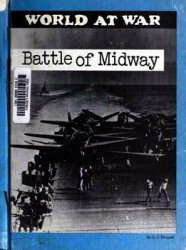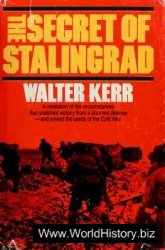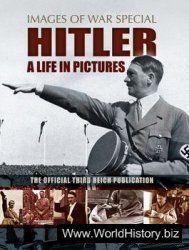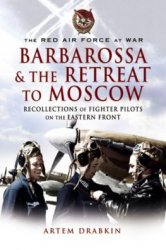The wars also had a serious impact on the rest of Russia. The official casualty figures for the first war were 5,500 federal police and soldiers dead, with a further 5,200 for the second, although these tallies have been questioned, not least as they may omit those dying of their wounds later in hospital. Beyond these figures, though, are the many less seriously wounded or those traumatized by what was an especially vicious and disturbing conflict, which saw atrocities committed by both sides. Beyond that, even though the public was more supportive of the Second Chechen War, a fear of ending up being sent to Chechnya during either conflict was one of the factors behind massive levels of draft-dodging. In 2000 alone, following the invasion, it rose by 50 per cent. The wars also contributed to the rise of movements such as the Committee of Soldiers' Mothers, which campaigned to force the Kremlin to address issues of indiscipline, dedovshchina and the poor treatment of draftees, often with only limited success.
Indeed, the wars had a significant impact on the military as a whole. The First Chechen War in particular was a disaster in almost every respect. Looting, rape, murder and rampant crime were a constant factor (rebels would often re-arm themselves simply by buying guns from soldiers desperate for

Some food or drink). Morale hit rock bottom: some 540 NCOs and officers - including at least a dozen generals - resigned rather that serve in the war, or on receiving especially objectionable orders. Lieutenant-General Rokhlin, one of the few commanders to come out of the first battle of Grozny with
In their characteristic blue urban-camouflage uniforms, the OMON special police forces are a common site in Russia’s towns and cities, carrying out duties ranging from regular street patrols and crowd control to armed raids on organized-crime targets. They were widely used as front-line combat troops in Chechnya, something which critics suggest has led to a more militant approach once they returned to Russia. (© Mark Galeotti) any credit, refused the Hero of Russia medal - Russia's highest military honour - saying that he saw nothing glorious in fighting a war on his native soil. Although the Second Chechen War was less catastrophic, and allowed some units, especially the MVD VV and the VDV, the chance to build up some combat experience among their cadres of professional soldiers, it could not be said to have been a great boon, either. There is little public enthusiasm or sympathy for the veterans and the lacklustre performance of the Russian Armed Forces in the three-day war with Georgia in 2008 overshadowed the Russians' ability to beat the Chechens the second time round.
The conflicts also became something of a testing ground for the new Russian media. There were courageous journalists who risked their lives - and lost them - reporting on the realities of the realities on the ground. Anna Politkovskaya, an unflinching observer of the horrors meted out by both sides, was murdered in Moscow in 2006, in a killing widely believed to be because of her stand on Chechnya. On the other hand, an awareness of the extent to which critical media coverage undermined public support for the First Chechen War meant that Putin made great efforts to control the story during the Second, putting further limitations on media already under considerable state pressure.
After all, there was one clear beneficiary. In 1904, Russian Interior Minister Vyacheslav von Plehve had advocated hostilities with Japan because 'a nice, victorious little war' was, he felt, just what Russia needed to regain its cohesion and self-esteem. Disaster in the Russo-Japanese War brought Tsarist Russia the 1905 Revolution, international contempt and bankruptcy. However, victory in the Second Chechen War was the making of Vladimir Putin, a perfect opportunity for a still-unknown figure to construct his image as the tough-talking and decisive defender of Russian national interests. From his early visits to the North Caucasus to be seen with
Beslan, 1 September 2009: five years on, families grieve at a memorial for the adults and children killed in the 2004 school siege. The Beslan terrorist attack remains one of the most serious in modern Russian history.
(Sergei Chirikov/EPA)


The troops, to his street-slang references to the Chechens (in 1999 he memorably warned that 'if we catch them on the toilet, we'll whack them in the outhouse'), he used it masterfully to his political advantage. It may have led to widespread international condemnation, but domestically it allowed him to show a strong hand.
One price of this, though, has been a string of terrorist attacks in Russia. Mass attacks such as Dubrovka (2002) and Beslan (2004) have increasingly given way to suicide bombers. The most serious of these were bombings in Stavropol (2003), on the Moscow metro (2004) and two passenger airliners (2004), in the Moscow metro again (2010) and at Domodedovo airport (2011). Although these have not yet shaken Russia's resolve - if anything they have simply heightened traditional xenophobia towards people from the North Caucasus - they do reflect a continuing threat.




 World History
World History









